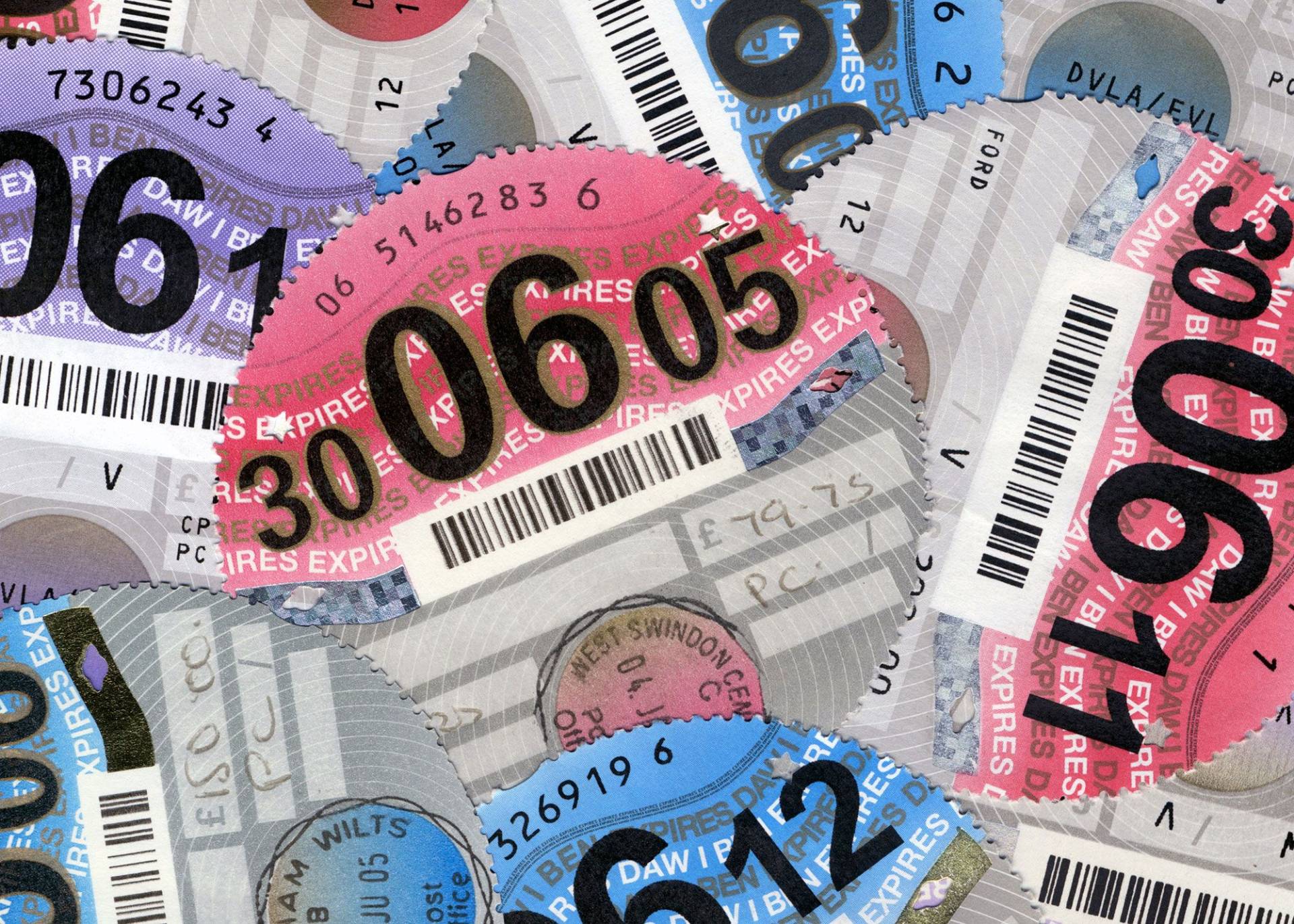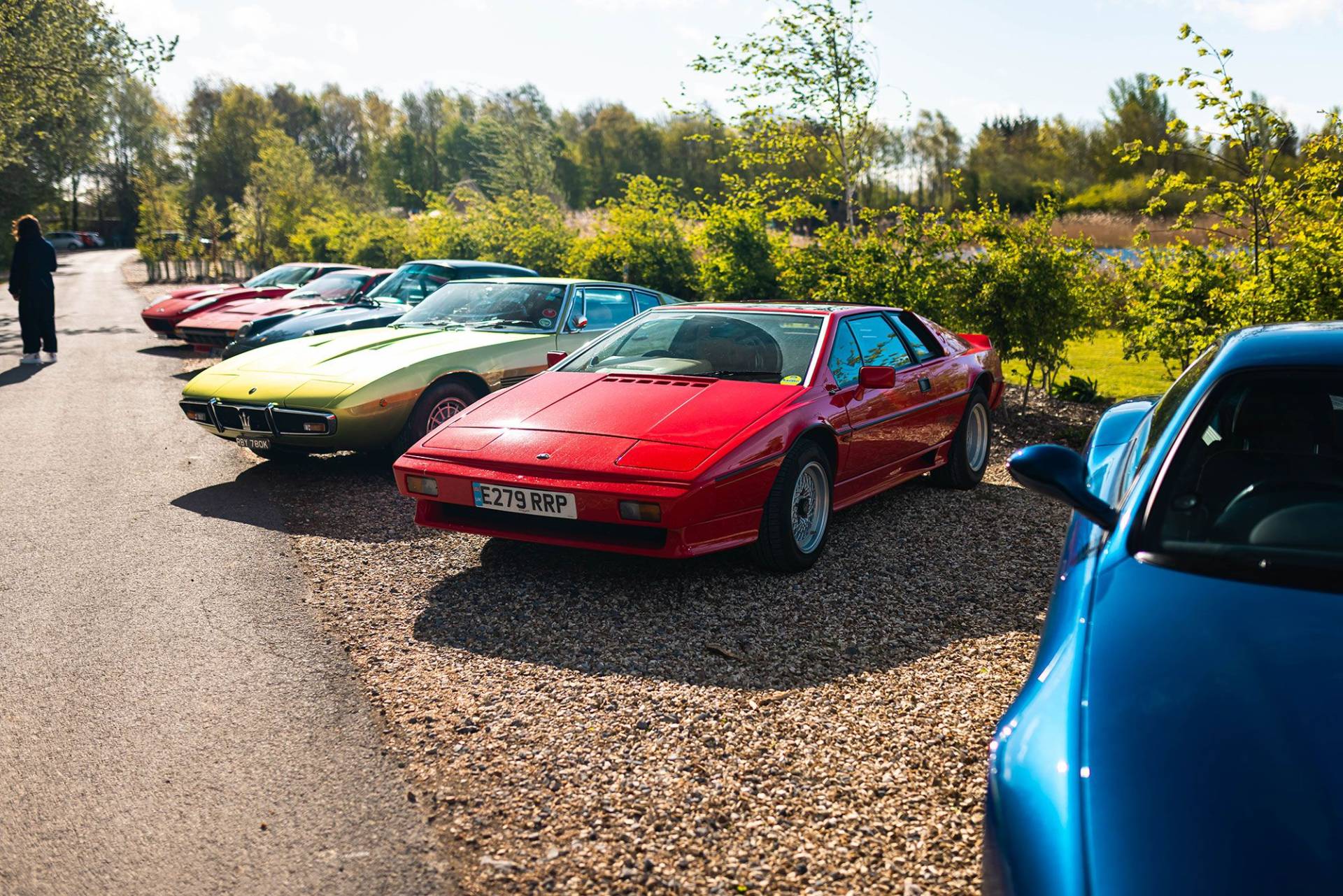

Is the government really going to end free tax and MOT exemption for cars over 40 years old? Here are the facts.
If you’ve spent any time around classic car owners recently — or on certain Facebook groups where facts go to die — you’ve probably heard the same line:
"The government’s ending free road tax and MOTs for old cars!"
It sounds dramatic, doesn’t it? Like the Chancellor is personally kicking down barn doors and demanding Vehicle Excise Duty (VED) from every owner of a slightly oily MGB.
The truth? It’s just rumours. But like all good car gossip, there’s a grain of misunderstanding in the tank, so let’s take it from the top.

Back in 1920, the UK introduced Vehicle Excise Duty - the tax you pay to keep your car on the road. There was no such thing as a 'historic vehicle'. A car was a car, and if it moved, it was taxed.
Fast forward to the early 1970s and classic car ownership was taking off. The government decided older cars, which were typically used less, should get a break. So in 1994, the Historic Vehicle tax class was created. It meant cars built before 1 January 1973 could be registered as historic and pay £0 VED.
That date was fixed. And for a while, it stayed fixed. If your car was built in 1972, great. 1973? Tough luck.
In 1998, the then-Chancellor Gordon Brown scrapped the rolling exemption and locked it to that 1973 date permanently.
You can imagine the uproar. Owners of 1974 cars were, understandably, less than thrilled. Classic car clubs campaigned for years to reinstate the rolling rule, arguing that it encouraged preservation rather than punishment.

Finally, in 2014, the government reversed course. The “rolling 40-year exemption” was reinstated.
That means every 1 April, another year of cars becomes eligible.
In other words, the 40-year rule keeps rolling forward. It’s like a conveyor belt of happiness for car enthusiasts.
In 2018, the government added an MOT exemption for vehicles over 40 years old that haven’t been substantially changed in the last 30 years.
That means:
Simple enough. But here’s the twist: you decide. When you tax the car, you declare whether it’s been 'substantially changed'. The DVLA doesn’t send someone to snoop in your garage. It’s based on trust, and you’ll only have a problem if you’ve been economical with the truth.

So where have the recent panic posts come from? A few tabloid headlines hinted that the “tax and MOT free loophole” could soon be scrapped.
Some even claimed there’d be a crackdown in the next Budget. In reality, the government has only said it’s reviewing how older and modified cars are treated, and there’s no confirmed plan to end exemptions.
The Federation of British Historic Vehicle Clubs (FBHVC) has said there’s been no proposal to remove the 40-year rule. None. Zip. So, unless your classic car is reading this from a government press room, you can relax.
Here’s the bit many owners don’t realise: the free tax doesn’t happen automatically.
Your car can be 50 years old, but until you apply for the Historic Vehicle tax class, you’ll still be paying VED.
Here’s what to do:
Once it’s processed, your VED becomes £0. Next year, you’ll renew online for free.
And yes, if you’ve accidentally been paying tax on your old car for years, you can even apply for a refund.

Let’s say you’ve got a 1983 Porsche 911 SC sitting proudly in the garage. From 1 April 2025, you can apply for historic status. No more VED. No mandatory MOT.
Your mate Dave, meanwhile, has a 1983 Golf GTI with a modern turbo swap, a roll cage, and wheels that look like they came from a spaceship. He’ll still need an MOT, and probably still pay tax.
You’ll be laughing in your £0-tax 911, while Dave argues with his emissions tester.
Even if your car qualifies for MOT exemption, get one anyway. Seriously. It’s not just about legality, it’s about safety and peace of mind.
An MOT costs less than a tank of super unleaded and could save you from the kind of brake-failure story that ends up on YouTube. It also helps with insurance, resale, and bragging rights. Because nothing says “my car’s solid” like a clean MOT on a 1970s machine.
So, is the free-tax, MOT-free era ending? No. Is it changing tomorrow? No. Has anyone at the DVLA said it will? No. The 40-year rolling rule is still very much alive. The rumours are just that — rumours.
If your car’s old enough, apply for historic status. Keep doing your MOTs, and if you’re still paying tax on your 1970s runabout, go get your money back, because the only thing worse than a leaky sump is overpaying His Majesty’s Government.
Now go polish your classic, fill in your forms, and enjoy the smug satisfaction of driving something that costs nothing to tax, and everything to replace.
